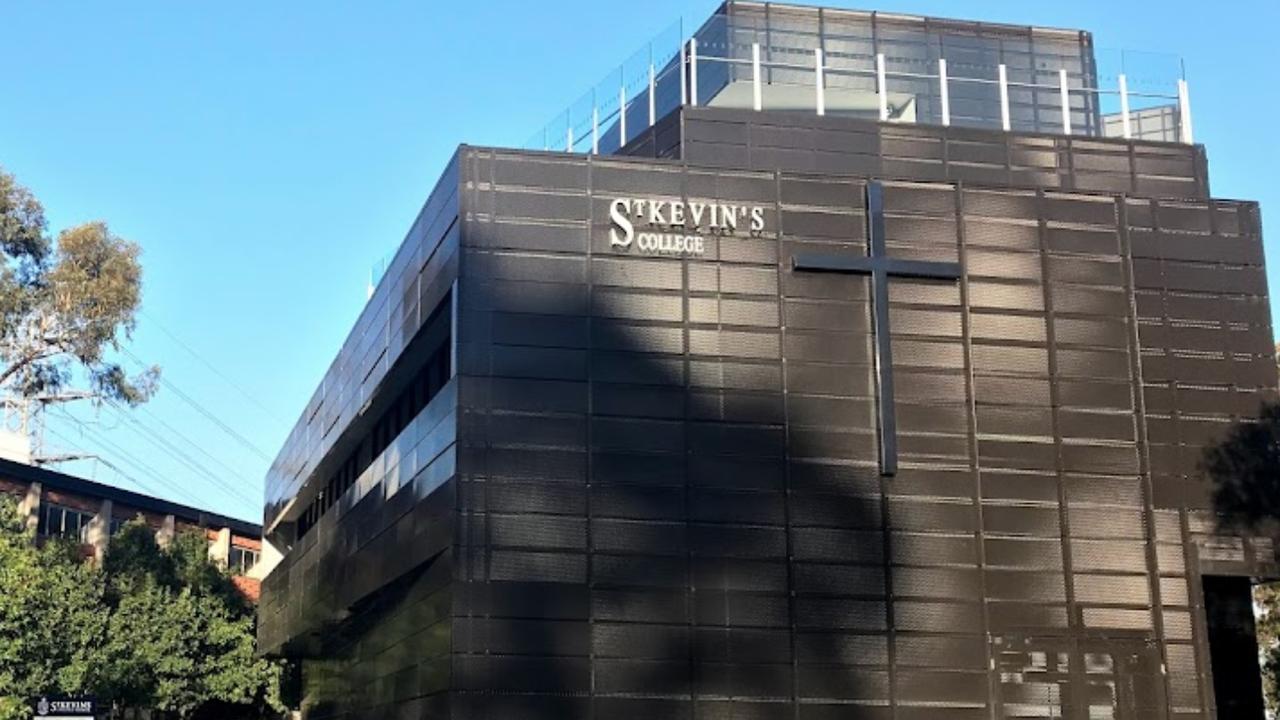‘Teachers shouldn’t be asked to give these opinions which may not be correct’: Disability advocate
Concerns have been raised over a “flawed” disability scheme where funding is allocated based on teachers’ assessments of students’ additional learning requirements.

Education
Don't miss out on the headlines from Education. Followed categories will be added to My News.
Teachers are diagnosing soaring numbers of students with learning disabilities under a rapidly growing, controversial multibillion-dollar national scheme.
The federal government has allocated an extra $1.1bn in funding for public schools over the next five years to allow for ongoing increases in the National Consistent Collection of Data on School Students with Disability, known as NCCD.
The NCCD scheme, introduced in 2015, relies on teachers to assess the additional learning requirements of students under different categories, attracting between $5000 and $42,000 in funding depending on the level of need.
About 300,000 students on the lowest level receive no funding.

The number of students with some form of disability in public schools has increased by 40 per cent since 2015, now accounting for one in four students.
Australia has one of the highest rates of students with autism in the world – twice as high as other similar nations, ANU research has found.
Under the NCCD, teachers are encouraged to liaise with parents, but parental involvement or consent is not required for assessments to be made.
The scheme nationally costs about $3.7bn a year and has been growing by about 15 per cent a year, with 60 per cent going to private schools.

The government was forced to tighten the scheme amid claims private schools were claiming the funds for up to 40 per cent of their students. And educational stakeholders claim the NCCD has had unintended consequences in stigmatising students and imposing an onerous burden on staff.
National disability advocate Julie Phillips said the system was flawed: “It’s good schools are getting more money for disability funding, but if they wanted the system to work properly they wouldn’t have a framework that is so subjective.
“Teachers shouldn’t be asked to give these opinions which may not be correct. It’s also only counting kids given a reasonable adjustment for their learning, and not all schools are able to provide this,” she said.
Federal Education Minister Jason Clare said it was important that “students with disability have the same educational opportunities”.
“That’s why I’m working with my state and territory colleagues to get all public schools to their full and fair funding level and to tie that funding to the reforms that will help children catch up, keep up and finish school, including those with a disability,” he said.
Opposition spokeswoman Sarah Henderson said the NCCD guidelines were “out of date and subjective, asking far too much of teachers including to make assessments based on an imputed disability”.
The NCCD loading accounts for 12 per cent of federal education funding in addition to cash from the National Disability Insurance Scheme, which is forecast to reach almost $100bn in spending in the next 10 years and currently costs the government $42bn.



